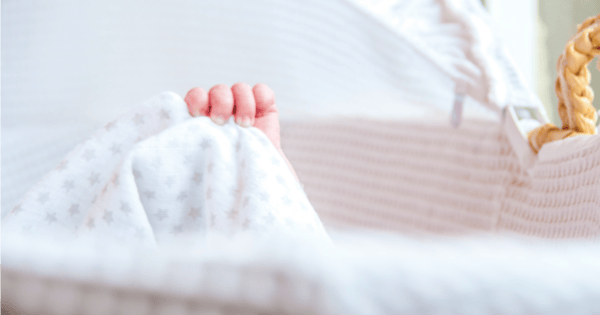
Brenda King – Mum
The shock of almost losing a child is indescribable and something that no parent, and no child, should have to experience.
In 2011 when my two-day old son Ryan stopped breathing and lay motionless in my lap, I immediately assumed the worst.
After we revived him via CPR, we went to causality, and then back many times to the specialist facility at Westmead Hospital.
We left the hospital extremely grateful and with our son, but without answers.
We didn’t know what happened, why it happened or if it would happen again – we just knew we had come close to losing our son to Sudden Infant Death Syndrome (SIDS).




